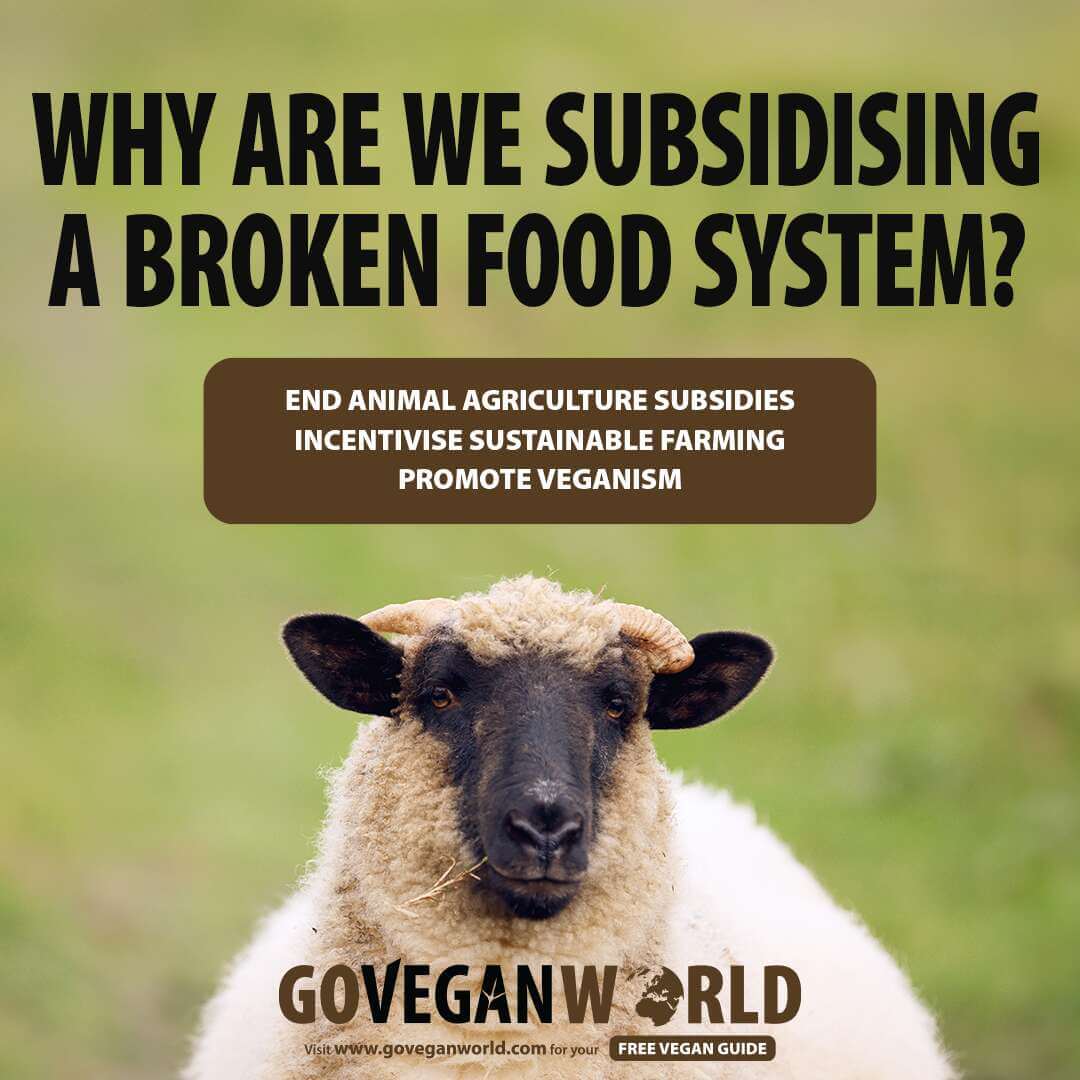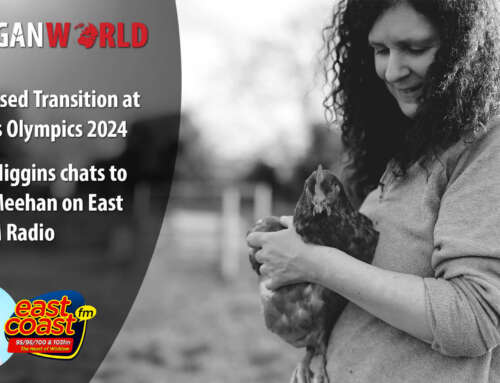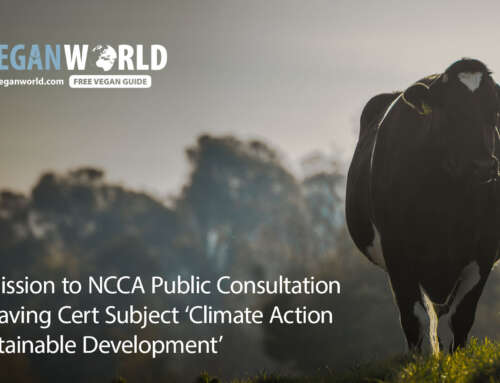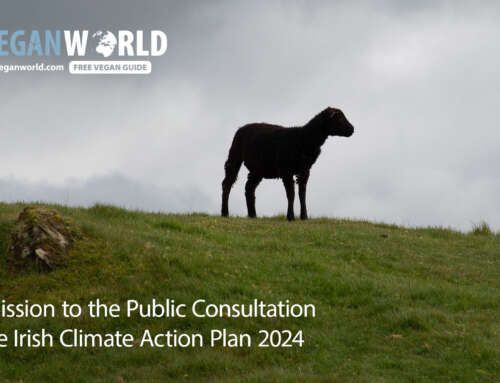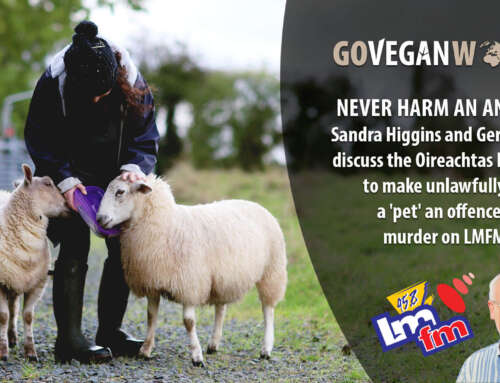What We Eat Matters | Who We Eat Matters
Published in The Phoenix Magazine, January 2024
Animal Rights: Human Rights
Many people assert their support for human rights. Human rights include the right to a clean, healthy, and sustainable environment. The undeniable reality is that the production and consumption of animal products stand as a primary catalyst for climate warming, environmental destruction, human disease, and early mortality – directly conflicting with our rights. What, or who, we put in our shopping trolleys, matters for our own rights as well as for animal rights.
Adopting a 100% plant-based vegan diet, without animal products, significantly mitigates the risk of various human diseases lessens the environmental impact of food production.
A recent study at the University of Oxford analysed the diets of 55,000 individuals in the UK, utilising data from 38,000 farms across 119 countries, was recently conducted at the University of Oxford. The peer reviewed study led by Peter Scarboroug. Published in the journal Nature Food, and spearheaded by Peter Scarborough, the peer-reviewed research revealed that a vegan diet results in a 75% reduction in emissions, water pollution and land use compared to non-vegan diets (those exceeding 100g animal flesh daily). Additionally, the study demonstrated that a vegan diet diminishes wildlife destruction by 66%, water use by 54% and methane emissions by 93.5% (Scarborough et al, 2023).
Methane, accounting for 20% of global GHG emissions, possesses a greater warming potential than Co2, being 80 times more potent over a twenty year period. Despite its shorter atmospheric lifespan, around 12 years compared to CO2’s 100 to 100 years, methane significantly intensifies heat trapping.
Each one of the billions of land animals and trillions of sea animals we slaughter annually, was a being with the same capacity to feel as us. It is now evident that exploiting and killing them for human use is not only unethical but also intricately tied to the violation of human rights.
The animal agriculture industry endeavours to conceal such information but the public are entitled to accurate information on the consequences of their choices for the planet’s future, personal wellbeing and the lives of the animals we use. Access to accurate information regarding the causes of climate heating, environmental destruction, and biodiversity loss, along with education on the behavioural changes necessary to reduce our environmental impact through our diets and lifestyles is crucial for climate protection. Go Vegan World, an international animal rights and advocacy organisation, aims to disseminate this vital data to the public in a readily accessible manner.
References
Bully Beef, George Monbiot, December 2023 https://www.monbiot.com/2023/12/21/bully-beef/ Accessed 02.01.2024
Methane: A crucial opportunity in the climate fight, Environmental Defense Fund, https://www.edf.org/climate/methane-crucial-opportunity-climate-fight, Accessed 06/02/2024
Nelson Iván Agudelo Higuita, Regina LaRocque, Alice McGushin,, Climate change, industrial animal agriculture, and the role of physicians – Time to act, The Journal of Climate Change and Health, Volume 13, 2023, 100260, ISSN 2667-2782, https://doi.org/10.1016/j.joclim.2023.100260. Accessed 06.02.2024
Scarborough, P., Clark, M., Cobiac, L. et al. Vegans, vegetarians, fish-eaters and meat-eaters in the UK show discrepant environmental impacts. Nat Food 4, 565–574 (2023). https://doi.org/10.1038/s43016-023-00795-w
What is the Right to a Healthy Environment? United Nations Development Programme, United Nations Environment Programme, https://www.undp.org/sites/g/files/zskgke326/files/2023-01/UNDP-UNEP-UNHCHR-What-is-the-Right-to-a-Healthy-Environment.pdf Accessed 06.02.2024
See www.goveganworld.com for more information.

